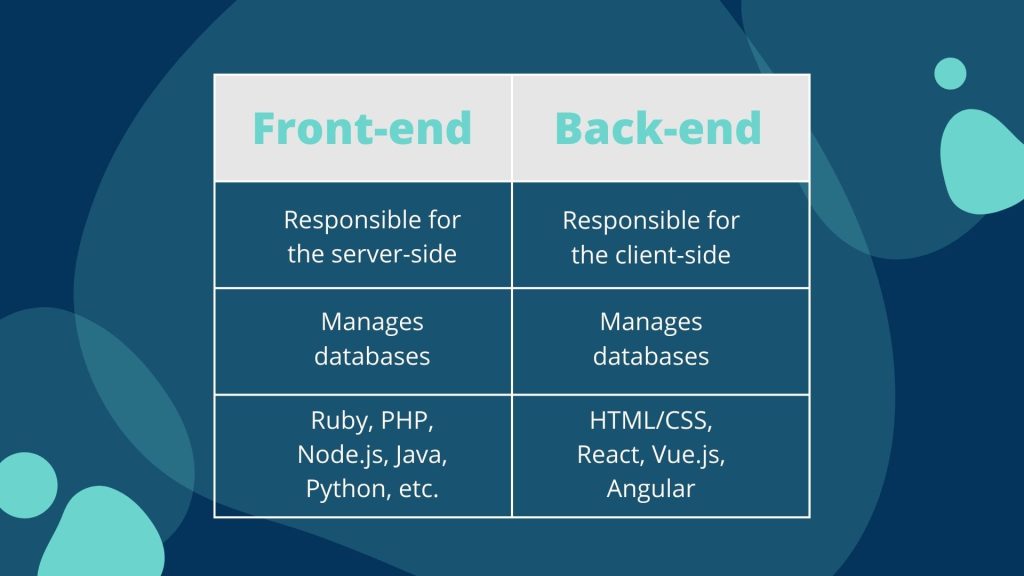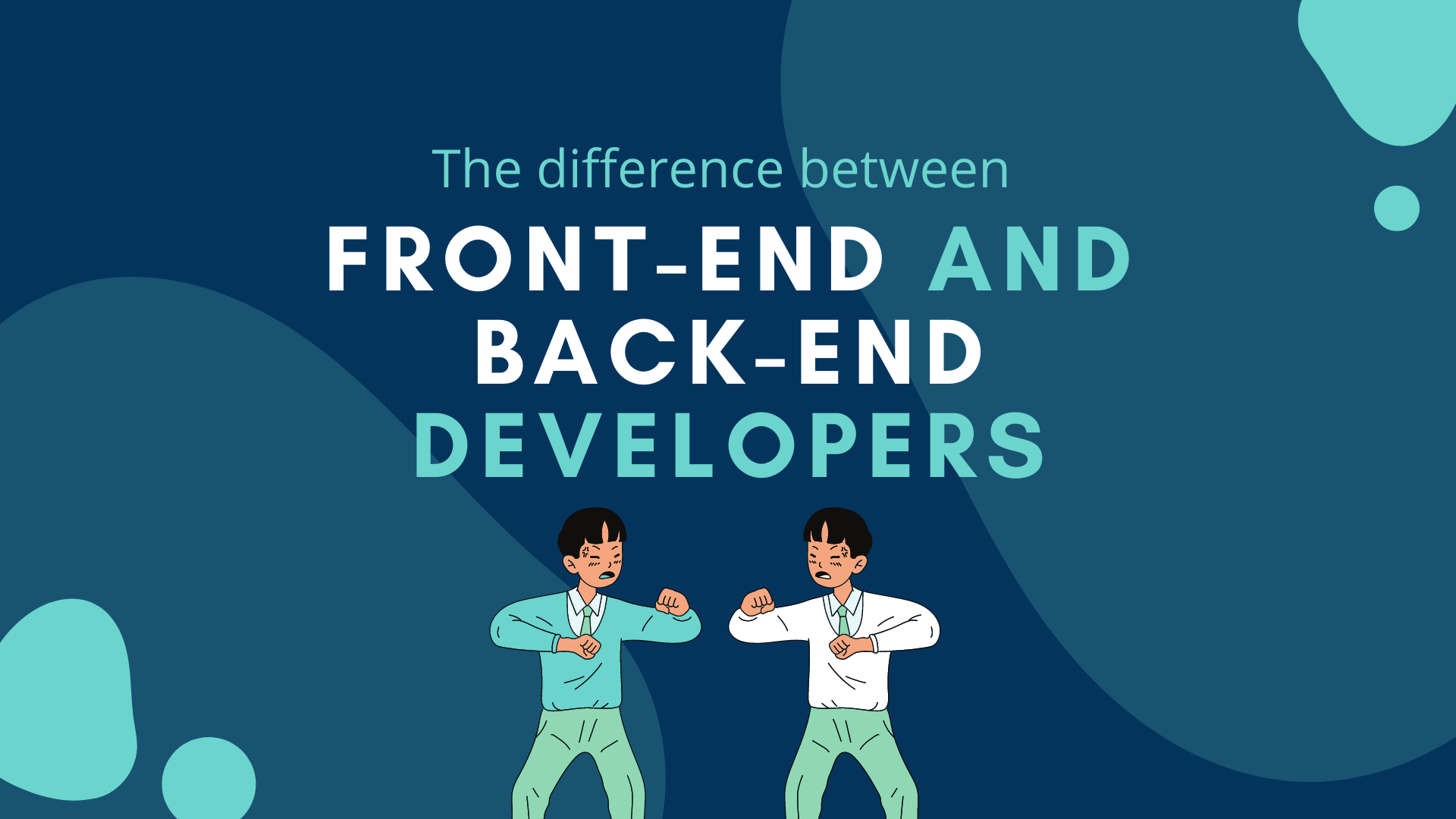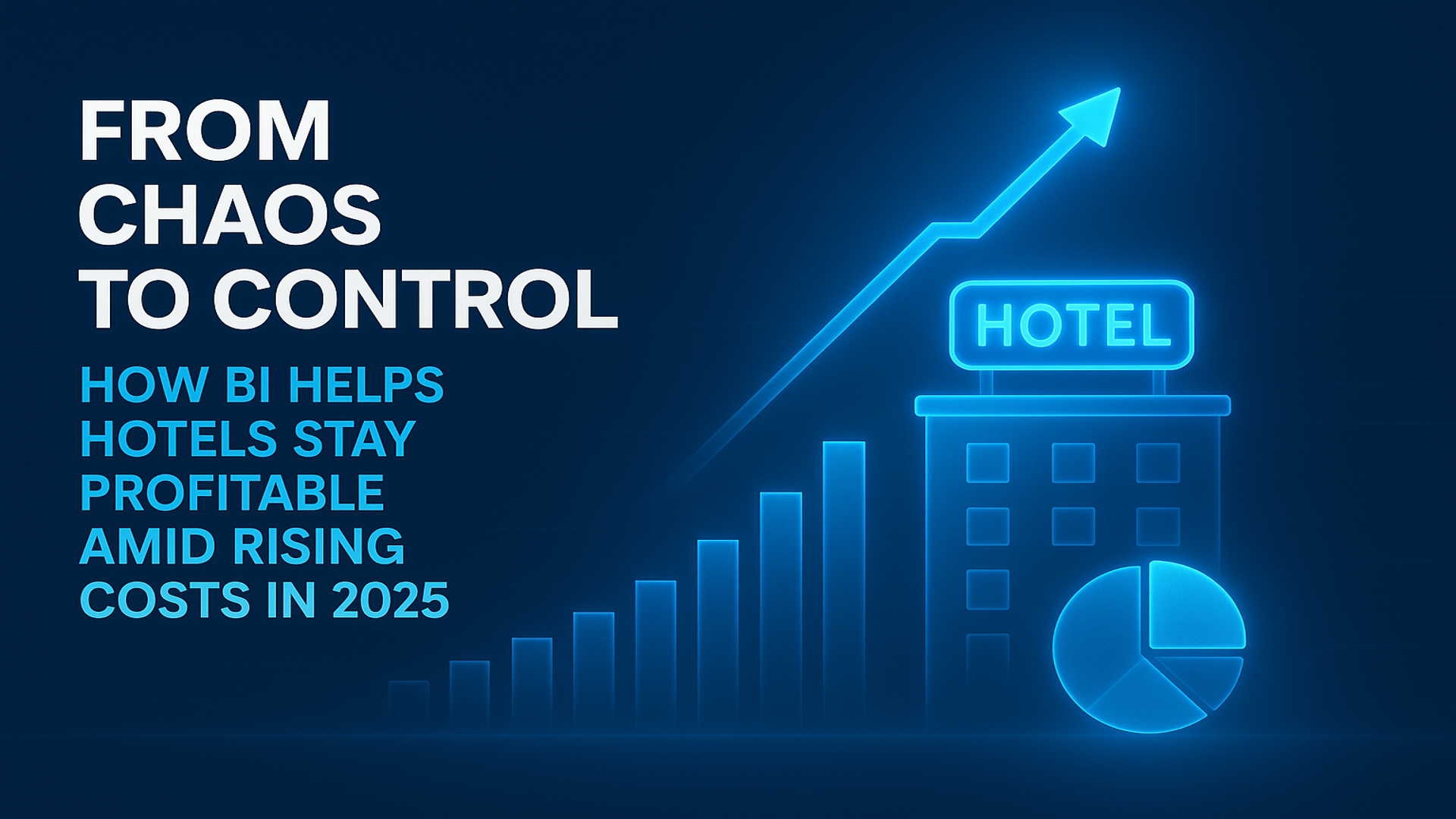Websites allow businesses to spread information and meet branding goals every day. This form of online presentation needs the help of professionals, namely – web developers. If you are at the beginning of your journey into building your website or you are new to the sphere, you have probably heard of the front end and back end. Thus you might be facing a little bit of a fogginess on what the terms mean as of performing admin functions. In the following article, you will surely acquire the needed knowledge to distinguish the occupations from one another.
What is Front-end development?
Front-end development, otherwise known as the “client-side” of web development, involves everything that the users see, touch, or experience first when they visit websites. Front-end developers then, are concerned with the look, feel, and design of the site.
Front End Developer Skills and Responsibilities
Being a front-end programmer is not an easy task. Proficiency in front-end programming frameworks is vital, such as in HTML, CSS, and Javascript. Some other frameworks help different features. Top Javascript frameworks include: Angular, React, Vue.js. Among the most famous CSS frameworks are Bootstrap, Semantic UI, Bulma, and so on. Moreover, some responsibilities include the following:
- Balancing functionality (technical) with aesthetics (creative)
- Mobile responsiveness
- Optimizing for speed and efficiency
- Enhancing user experience
What is Back-end development?
Back-end development is also called the “server-side” of the development and is concerned primarily with the functionality of a website. This side of the development involves three parts: the server, the application, and the database. Back-end developers are tasked to send and receive information to be displayed in the front end.
Back End Developer Skills and Responsibilities
Back-end programmers are often referred to by the programming language in which they are most proficient, such as Ruby Developer, PHP Developer, or Python Developer. However, some responsibilities apply to all back end coders, irrespective of these languages:
- Building a system architecture
- Managing resources (databases, APIs, etc.) for seamless running
- Organizing system logic
- Cloud computing integration, where necessary
All in all here is a quick recap of the differences between front-end and back-end

Conclusion
In a nutshell, when you face the task of building your own online representation, it is quite advisable to know about the differences between front-end and back-end developers. Although you should not really worry about the technicalities behind a certain project when you hire a professional web development company such as Donatix, it can always help when you know what the real deal behind these terms is!





